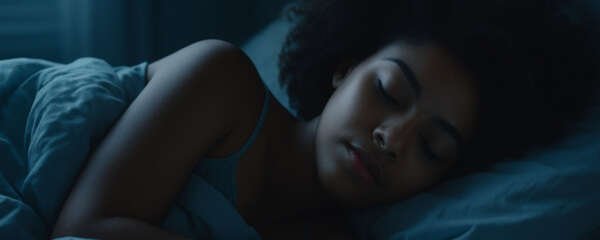Night sweats ruining your sleep? This guide offers practical, science-backed tips to help you stay cool—from breathable bedding and...
7 Sleep Tips for Hot Sleepers: How to Stay Cool and Comfortable at Night
Struggling with night sweats, overheating, or restless sleep? This detailed guide for hot sleepers offers seven proven tips—from cooling...
Tips for Limiting Daytime Naps (So You Can Sleep Better at Night)
While a quick nap can boost energy, napping too long or too late in the day can disrupt your...
When to See a Healthcare Provider About Sleep Problems
Everyone has the occasional sleepless night, but if sleep troubles become frequent or affect your daily life, it may...
Why You Should Limit Screen Time Before Bed (and How to Do It)
Using screens before bed can make it harder to fall asleep by suppressing melatonin, your body's natural sleep hormone....
How to Manage Stress and Worries for Better Sleep
Stress and racing thoughts can sabotage even the best bedtime routine. This article explores practical ways to calm your...
How Morning Sunlight Exposure Can Improve Your Sleep at Night
Morning sunlight isn’t just good for your mood — it’s key to better sleep. Learn how early light exposure...
How Physical Activity Affects Your Sleep: Move More, Sleep Better
Regular exercise can help you fall asleep faster, sleep deeper, and wake up more refreshed—but timing matters. This article...
How Your Diet Affects Your Sleep: What to Eat (and Avoid) Before Bed
What you eat — and when — can make or break your sleep. This guide breaks down how large...
How to Create the Optimal Sleep Environment: 5 Tips to Turn Your Bedroom Into a Sleep Sanctuary
Your bedroom might be sabotaging your sleep without you even realizing it. From room temperature to lighting and noise,...

